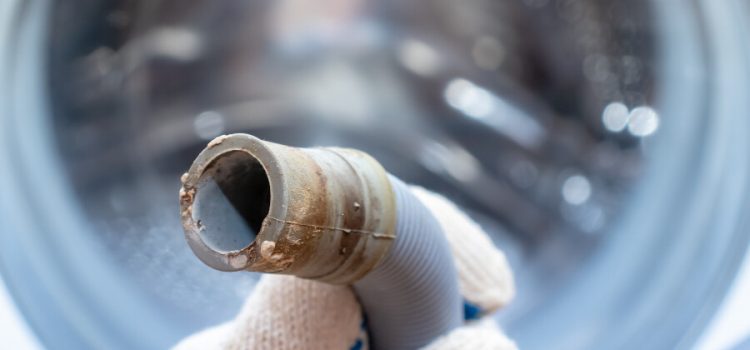Hard water can cause skin dryness and can be tough to drink, but have you ever thought about the damage it does to your pipes? The chemical composition in hard water can have a significant impact on the expenses in your household. Therefore, it is essential to understand whether your area gets hard or soft water so that in case of buildups in your pipes, you’ll know what to do to prevent issues, prevent headaches, and save money.
The Impact of Hard Water
Hard water is water that contains high amount of minerals such as calcium and magnesium. Hard water is not bad for consumption, but it can cause a number of issues in your home over time. One of the worst problems hard water can cause is damage to your pipes and plumbing due to hard water deposit buildups.
Hard water contains mineral deposits that can collect and cause pipe clogs. The limescale occurs because the precipitation process accumulates in the pipes, the water heater, and in your appliances. Limescale accumulation can cause significant issues in your entire plumbing system, lead to low water pressure, and cause some appliances to fail over time.
Accumulation of limescale also means that you will incur maintenance costs. The energy bills in your home will also increase because of the scale buildup, and your appliances—including your water heater—will need to work twice as hard to give you the desired results because of the reduced efficiency.
Over time, you notice that your kitchen fixtures, shower tiles, and toilets have some discoloration caused by hard water, and you’ll have to invest in more cleaning supplies and spend more time maintaining your appliances to get rid of these buildups.
Another problem you will notice is the lack of lather when cleaning your utensils. Therefore, you will need to use more soap and detergent to get your dishes and utensils clean, which can cost you more money over time.
In addition, showering with hard water will cause dry skin so you’ll need to buy more lotion to keep your skin feeling soft and looking healthy. Hard water is also bad for your hair—the minerals in it make it difficult for moisture to properly penetrate your hair, and can leave your hair dry and damaged. Over time, it can even lead to a loss of hair.
Finally, when you use hard water to wash your clothes it can leave mineral deposits that can make your clothing look dull and dingy, lowering their lifespan over time.
How to Remove Buildup in your Pipes
Cleaners such as CLR can be useful to remove calcium buildup on faucets, showerheads, and the exterior of sinks, but it should never be used to clean your pipes because it contains toxins that you don’t want in your drinking water.
In fact, the government prohibits plumbing professionals from treating the inside of copper pipes due to the potential hazards involved.
Short of having your pipes replaced, the safest option to remove limescale build up is to run vinegar through your pipes and allow the vinegar to sit for at least a full 24 hours. The downside of this approach is it takes a lot of vinegar, and you’ll have to flush vinegar out of your pipes for a while until the taste of your water returns to normal (though the taste may not be pleasant, it’s not toxic).
However, this is only a temporary fix—calcium will start to build up again, so you’ll need to repeat this vinegar treatment periodically.
A more permanent solution to limescale buildup is to stop the problem at the source by installing a water softener. A water softener uses a process to remove hard water minerals from your water before it can get into your plumbing and cause issues.
Shortly after installing a water softener you’ll notice a marked improvement: better feeling skin and hair, less calcium around your sinks and faucets and in your pots and pans, and better looking clothes. Your appliances will face less wear and tear, and you’ll be able to wash your dishes with less soap.
It’s important to note that a water softener will not remove current limescale deposits in your pipes, so it’s important to clean or replace them if they’re badly impacted by buildup, but you’ll be able to prevent similar issues going forward.
Final Thoughts
An overabundance of minerals such as magnesium and calcium causes your water to become hard. These elements can cause a buildup in your pipes over time, which can cause costly issues. Be sure to clean your pipes (or replace them) if you’re having issues with hard water, and install a water softener to keep your pipes clean so you don’t face the same problems down the road.
